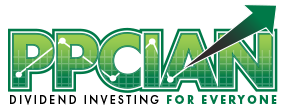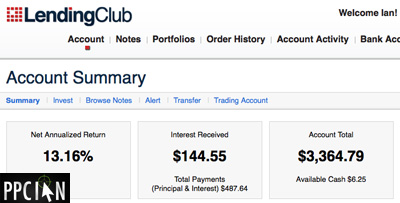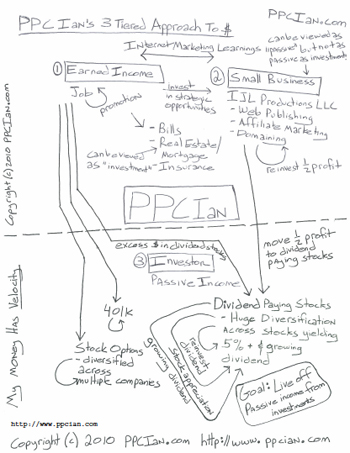If you’re in the world of online marketing (or any other career for that matter), it’s important to have both a short and long-term plan when it comes to your finances. This year, I set the goal to save money and invest wisely (you can check out my 2012 goals here). Each and every day, I try to remind myself to save as much money as possible.
In that spirit, I have been embracing some new investment vehicles, one of which is LendingClub. What is Lending Club? It’s a peer-to-peer lending platform that allows normal people like you and me to lend money to others. Those who need to borrow money (often for such purposes as consolidating debt) get a much lower interest rate than credit card companies. Those who lend the money, get a much higher interest rate than is available anywhere else. In short: Both lenders and borrowers win!
I started investing on Lending Club in October of 2011, wrote my first post on PPC Ian about Lending Club in late February (check it out here), and am now ready for another exciting update! As you can see in the screenshot below, my current net annualized return is 12.99%. I’m excited about that because it’s only down a little from 13.04% in late February. Since I’m newer to Lending Club, I expect my net annualized return to dip over time since some of my loans will default. In addition to my consistent high returns, I’m now invested in 173 loans (2 of which are in funding).
I wanted to briefly highlight my Lending Club strategy today because I feel that it will be core to my continued success with this peer-to-peer investment platform. The best way to illustrate my strategy is through numbers. My total Lending Club account value is $4,137.27. Of that amount, $4,048.66 is invested in 173 loans. If you divide $4,048.66 by 173 loans, I’ve got an average of $23.40 in each loan. However, if you’re new to Lending Club, you may know that the minimum you can invest is $25. That is absolutely true. However, the real magic here is that your loans get paid off each and every month. If you start small, consistently add more money, regularly reinvest your profits, and grow your portfolio over time, you will get into a sweet situation where you have less than $25 in each loan, on average.
It’s really as simple as that. You don’t want to drop down a large amount of money all at once. You want to invest slowly over time, also known as dollar cost averaging. As your loans get paid off, you want to invest the proceeds is more loans. Eventually, you will have diversified into many different notes, with different start dates, and will have less than $25 in each loan. It’s all about persistence, diversification, and longevity. It’s not rocket science, but it definitely works (based on my experience so far).
So, there you have it, my Lending Club investment strategy. Thanks so much and best of luck in your own investing! I’m looking forward to my next update.
Important Note: I’m not a financial advisor and this is not financial advice. Please consult your own financial advisor before making any investment decisions.
Image in this post © PPCIan.com







